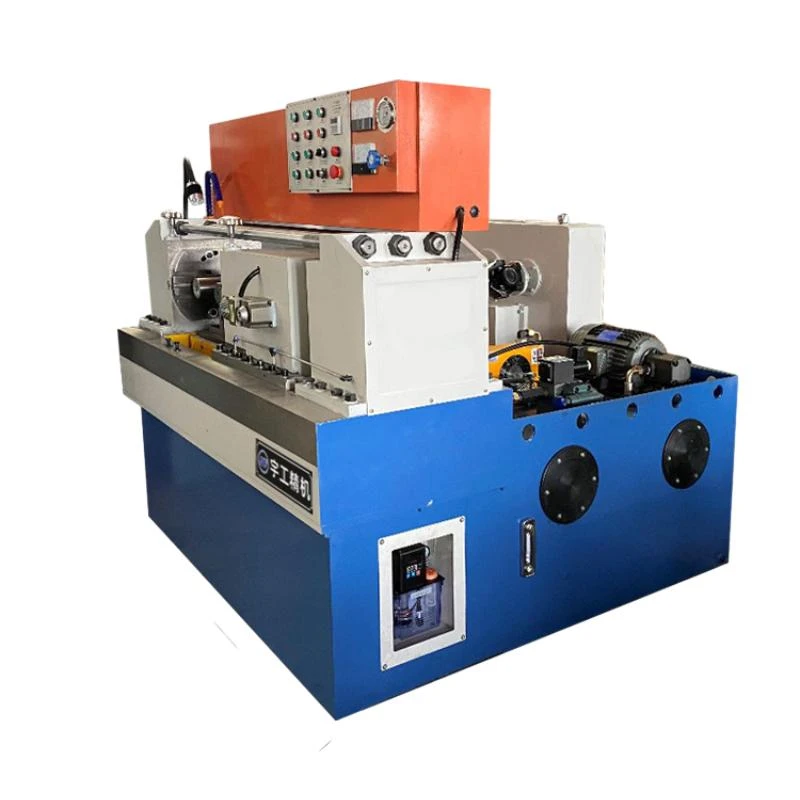
-
 Afrikaans
Afrikaans -
 Albanian
Albanian -
 Amharic
Amharic -
 Arabic
Arabic -
 Armenian
Armenian -
 Azerbaijani
Azerbaijani -
 Basque
Basque -
 Belarusian
Belarusian -
 Bengali
Bengali -
 Bosnian
Bosnian -
 Bulgarian
Bulgarian -
 Catalan
Catalan -
 Cebuano
Cebuano -
 Corsican
Corsican -
 Croatian
Croatian -
 Czech
Czech -
 Danish
Danish -
 Dutch
Dutch -
 English
English -
 Esperanto
Esperanto -
 Estonian
Estonian -
 Finnish
Finnish -
 French
French -
 Frisian
Frisian -
 Galician
Galician -
 Georgian
Georgian -
 German
German -
 Greek
Greek -
 Gujarati
Gujarati -
 Haitian Creole
Haitian Creole -
 hausa
hausa -
 hawaiian
hawaiian -
 Hebrew
Hebrew -
 Hindi
Hindi -
 Miao
Miao -
 Hungarian
Hungarian -
 Icelandic
Icelandic -
 igbo
igbo -
 Indonesian
Indonesian -
 irish
irish -
 Italian
Italian -
 Japanese
Japanese -
 Javanese
Javanese -
 Kannada
Kannada -
 kazakh
kazakh -
 Khmer
Khmer -
 Rwandese
Rwandese -
 Korean
Korean -
 Kurdish
Kurdish -
 Kyrgyz
Kyrgyz -
 Lao
Lao -
 Latin
Latin -
 Latvian
Latvian -
 Lithuanian
Lithuanian -
 Luxembourgish
Luxembourgish -
 Macedonian
Macedonian -
 Malgashi
Malgashi -
 Malay
Malay -
 Malayalam
Malayalam -
 Maltese
Maltese -
 Maori
Maori -
 Marathi
Marathi -
 Mongolian
Mongolian -
 Myanmar
Myanmar -
 Nepali
Nepali -
 Norwegian
Norwegian -
 Norwegian
Norwegian -
 Occitan
Occitan -
 Pashto
Pashto -
 Persian
Persian -
 Polish
Polish -
 Portuguese
Portuguese -
 Punjabi
Punjabi -
 Romanian
Romanian -
 Russian
Russian -
 Samoan
Samoan -
 Scottish Gaelic
Scottish Gaelic -
 Serbian
Serbian -
 Sesotho
Sesotho -
 Shona
Shona -
 Sindhi
Sindhi -
 Sinhala
Sinhala -
 Slovak
Slovak -
 Slovenian
Slovenian -
 Somali
Somali -
 Spanish
Spanish -
 Sundanese
Sundanese -
 Swahili
Swahili -
 Swedish
Swedish -
 Tagalog
Tagalog -
 Tajik
Tajik -
 Tamil
Tamil -
 Tatar
Tatar -
 Telugu
Telugu -
 Thai
Thai -
 Turkish
Turkish -
 Turkmen
Turkmen -
 Ukrainian
Ukrainian -
 Urdu
Urdu -
 Uighur
Uighur -
 Uzbek
Uzbek -
 Vietnamese
Vietnamese -
 Welsh
Welsh -
 Bantu
Bantu -
 Yiddish
Yiddish -
 Yoruba
Yoruba -
 Zulu
Zulu
CE Certified Bolt Rolling Machine for Efficient Manufacturing and Enhanced Quality Control
CE Certification for Bolt Rolling Machines Ensuring Safety and Quality in Manufacturing
In today's fast-paced industrial world, the demand for high-quality manufactured components has grown exponentially. One such component that plays a crucial role in various applications is the bolt. As manufacturers seek to ensure the consistency and reliability of their products, the use of advanced machinery, such as bolt rolling machines, has become essential. To meet international standards and provide assurance of safety and quality, CE certification has emerged as a crucial aspect of the manufacturing process.
CE Certification for Bolt Rolling Machines Ensuring Safety and Quality in Manufacturing
Bolt rolling machines are designed to manufacture bolts through a cold rolling process. This method enhances the mechanical properties of bolts by improving their tensile strength and fatigue resistance. The machines are equipped with advanced technologies to ensure precision in the manufacturing process, ultimately leading to better quality products. However, with the benefits of this sophisticated machinery come responsibilities. Manufacturers must ensure that their machines are not only efficient but also safe for use.
ce certification bolt rolling machine

The CE certification process involves several stages. Initially, manufacturers must conduct a conformity assessment, which evaluates the design and construction of the machine to ensure it meets relevant safety and performance standards. Various factors are considered, including the machine's electrical safety, emissions, noise levels, and ergonomic design. After thorough testing, if the machine adheres to all necessary standards, manufacturers can affix the CE mark, indicating compliance.
In addition to safety, obtaining CE certification can enhance a company’s market access. Many countries require CE marking for machinery before it can be sold or operated within their borders. By investing in CE certification, manufacturers can broaden their market reach and establish trust with potential customers, signaling that their products meet the highest standards of safety and reliability.
Furthermore, CE certification can lead to improved operational efficiency. As manufacturers adhere to the stringent requirements of CE marking, they often discover opportunities for optimization within their production processes. This can result in reduced waste, lower operational costs, and better overall performance of the machinery. In a competitive environment, companies that prioritize quality and safety set themselves apart, garnering a reputation that can lead to increased customer loyalty and repeat business.
In conclusion, the importance of CE certification for bolt rolling machines cannot be overstated. It serves as an essential indicator of a machine’s safety and quality, providing manufacturers with the assurance that their equipment complies with international standards. By undergoing the rigorous certification process, manufacturers not only protect their workers and customers but also enhance their marketability and operational efficiency. As industries continue to evolve, the commitment to safety and quality through CE certification will remain a critical factor in fostering growth and innovation in the manufacturing sector. With continuous advancements in technology and growing market demands, embracing CE certification is a strategic move for any manufacturer aiming to thrive in today’s global marketplace.
